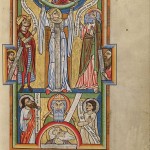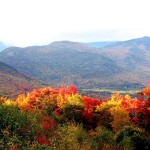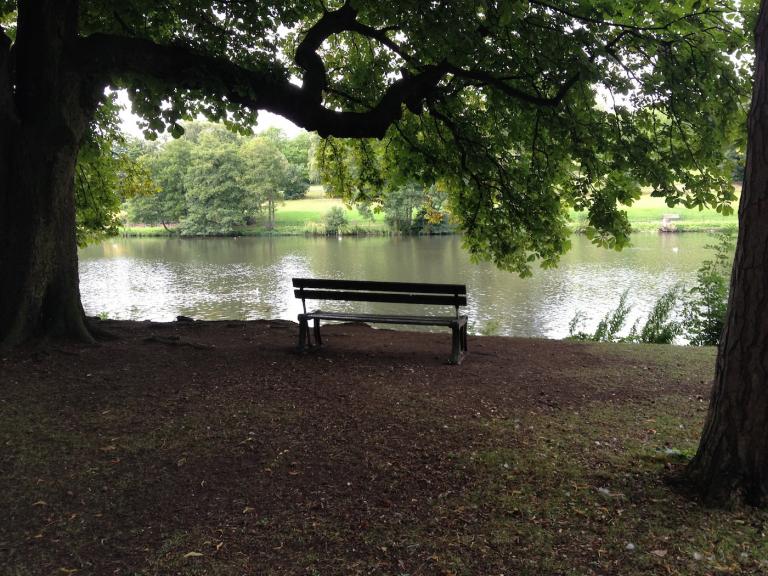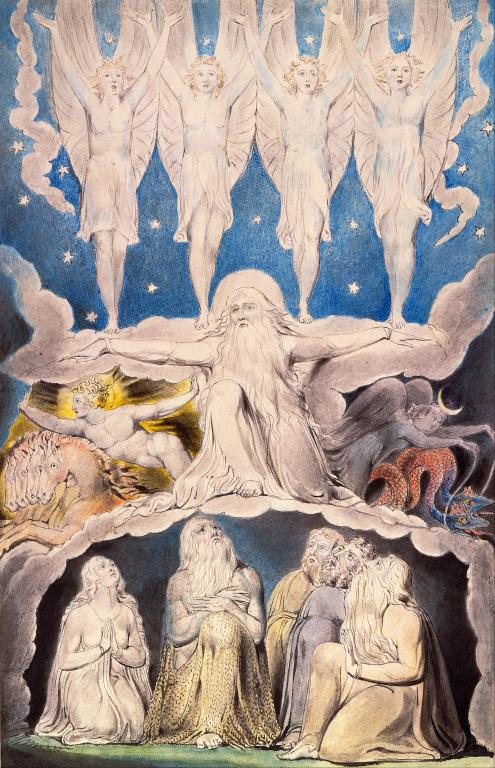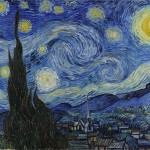David Russell Mosley
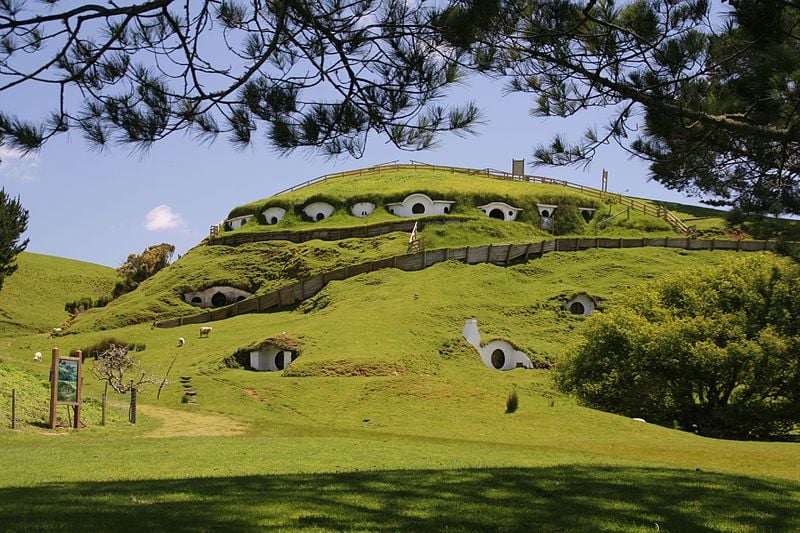
Description
English: The location of Hobbiton, as used in the Lord of the Rings films. Near Matamata in New Zealand.
Date 13 November 2006
Source Flickr
Author Rob Chandler (Rob & Jules)
(CC BY-SA 2.0)
Ordinary Time
Nativity of Bilbo and Frodo
The Edge of Elfland
Hudson, New Hampshire
Dear Readers,
Autumn is slowly, but surely beginning to arrive here in New England. While it’s true that I’m currently sitting outside in shorts with a temperature of 84 degrees Fahrenheit, and that tomorrow is supposed to see a high of 82, the weekend and the following week will only see temperatures in the mid sixties to low seventies. In defiance of the summerly temperatures many of the trees are beginning to don their Autumn Sweaters. Nothing more than Autumn makes me think of food. You can keep your Summer barbecues, give me an autumnal feast. Root vegetables like parsnips, carrots, swede, and potatoes roasted with a nice haunch of pork, with plenty of fat and skin on top to make a nice crackling, plenty of beer and wine and cider with whiskey, bourbon, and plenty of pipe tobacco to follow, not to mention dessert and various cheeses; is there anything better?
I have to admit that this idyllic feast I have in mind has, in many ways, a literary source (although I have eaten this meal on more than one occasion). These are some of the things I imagine Bilbo and Frodo to have given their guests at their 111th and 33rd birthday party in SR 1401. Their joint birthday party, everything right to the moment before Bilbo actually says farewell and pops on his ring, is one of my favorite parts of The Lord of the Rings. Tolkien has made it quite explicit that, “[The hobbits], as all peoples and their situations, are an historical accident––as the elves point out to Frodo––and an impermanent one in the long view” (Letter 154). Tolkien doesn’t want us over-idealizing the hobbit way of life and we must recognize that it was imperfect. Nevertheless, it is hard not to feel that it is a damn sight better than our current society and there are certainly many aspects of it we could take and adapt to our situations which would likely make life better not only for us as individuals, but for out families and communities as well. The thing I want to look at specifically today, however, is the hobbit love for food.
Thanks in large part to Peter Jackson’s films, we most certainly associate hobbits with food. This is not to say that Tolkien himself does not tell us this, he does, but Jackson went out of his way to ensure not only references to food in his Lord of the Rings films, but specific meals. After the hobbits and Strider leave Bree Merry and Pippin begin to set up for another meal. The following conversation ensues:
Aragorn: Gentlemen! We do not stop ’til nightfall.
Pippin: But what about breakfast?
Aragorn: You’ve already had it.
Pippin: We’ve had one, yes. But what about second breakfast?
[Aragorn stares at him, then walks off.]
Merry: Don’t think he knows about second breakfast, Pip.
Pippin: What about elevenses? Luncheon? Afternoon tea? Dinner? Supper? He knows about them, doesn’t he?
Merry: I wouldn’t count on it.
Tolkien does not give us these specifics. Rather, when describing hobbits in the prologue to The Lord of the Rings he writes:
“Their faces were as a rule good-natured rather than beautiful, broad, bright-eyed, red-cheeked, with mouths apt to laughter, and to eating and drinking. And laugh they did, and eat, and drink, often and heartily, being fond of simple jests at all times, and of six meals a day (when they could get them). They were hospitable and delighted in parties, and in presents, which they gave away freely and eagerly accepted” (LOTR, 2).
These curious folk may be accidents of their time and place, but I doubt many would say that their nature and habits regarding friendship and food are not ones they wish they could imbibe. Feasting, as I try to make as clear as I can in so many of these letters, is the character of Christianity. Despite the various periods and times of fasting and other excellent forms of asceticism in our religion, Christianity is not, primarily, a fasting religion. It is, primarily, a feasting religion. We would do well to remember this in our families and in our churches.
Church potlucks after Sunday services are a beautiful thing and I think they should continue. But I cannot help but think how much more beautiful it would be if we celebrated the various feast days in our Calendar(s) with actual feasts. And not just feasts for those who attend the church, but any and all, particularly those who live within the confines of the parish/the geographic area around the church. Not that I look at these feasts as “evangelistic programs.” That is I would not want them to be simply about the “others” about those who do not belong to our fold in order to get them into our fold, but to remember that our neighbors are precisely that, our neighbors and we should love them not as our neighbors, but as ourselves. Evangelism parties create “us” and “them” mentalities; sometimes to the point of making the members of a given church the “them”. Bilbo’s 111th birthday is a curious example of the counterpoint to this.
In a letter, I can’t remember which off hand, Tolkien writes that hobbits were only bound to give presents on their birthdays to certain people, mostly family, and even then only to a certain degree. Bilbo is peculiar not only in that he gave rather lavish presents, which was itself unusual, but that he gave presents to everyone in attendance. It is true that Bilbo did this as a one time thing. Nevertheless, his inclusion of everyone showed that he was not, on this evening, viewing anyone as outside the bounds of his gift-giving. No one was an outsider, invited to the party, but not meant to receive a gift. Everyone that evening became a member of Bilbo’s immediate family.
Food and feasting are essential aspects of Christianity. This was solidified on the night Jesus was betrayed when he broke bread and gave wine to his disciples. Thorin, as he is dying at toward the end of The Hobbit says to Bilbo, “If more of us valued food and cheer and song above hoarded gold, it would be a merrier world.” Our songs and feasts, both high and low, sacred and folk, are the foundations of our very lives, they are, in a sense, revelatory of the nature of the cosmos, created by the Holy Trinity. This I would have us remember this Hobbit Day.
Cheers,
David

